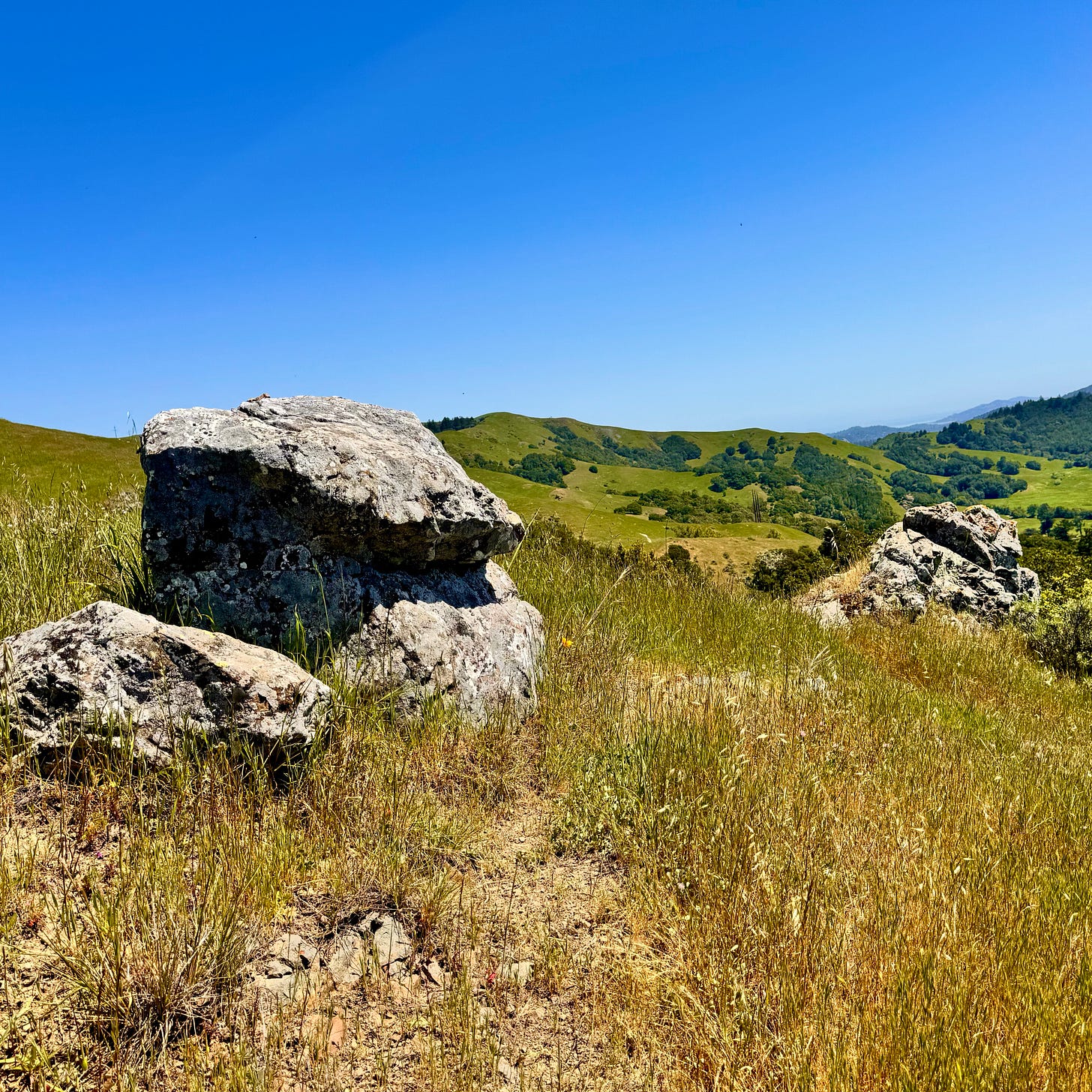Dear Substack Community:Strike that.
Dear World:
There’s something I need to admit – not just to myself, but out loud. There’s power in the commitment that comes with saying something publicly. I need to address this, not because it's surprising, or because it’s new, but because I’ve finally stopped tryin…




